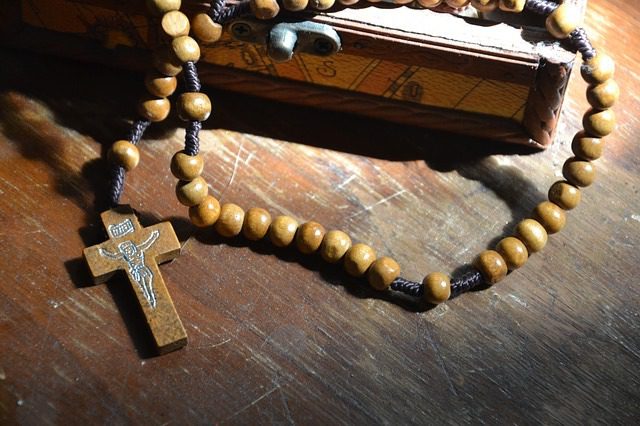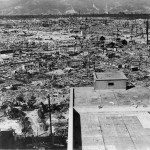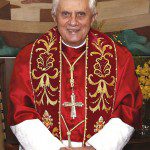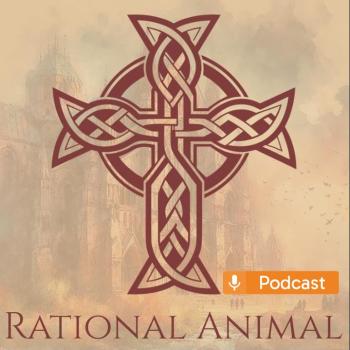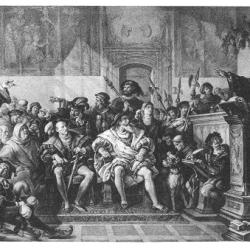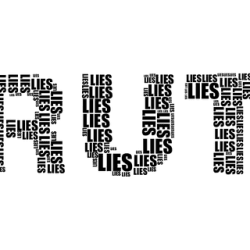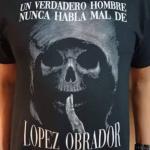I have stopped referring to myself as a traditionalist after being directed to a statement by Benedict XV saying that Catholics ought not to use those such labels.
Excellent. Where did he say that? I’d like to see it.
It is, moreover, Our will that Catholics should abstain from certain appellations which have recently been brought into use to distinguish one group of Catholics from another. They are to be avoided not only as “profane novelties of words,” out of harmony with both truth and justice, but also because they give rise to great trouble and confusion among Catholics. Such is the nature of Catholicism that it does not admit of more or less, but must be held as a whole or as a whole rejected: “This is the Catholic faith, which unless a man believe faithfully and firmly; he cannot be saved” (Athanas. Creed). There is no need of adding any qualifying terms to the profession of Catholicism: it is quite enough for each one to proclaim “Christian is my name and Catholic my surname,” only let him endeavour to be in reality what he calls himself.
(Pope Benedict XV, Ad Beatissimi Apostolorum 24)
This was brought to my attention by another traditionalist. But I think the last phrase, “only let him endeavor to be in reality what he calls himself” is very important as a qualifier, so that we know that “Catholic” in reality is not the same thing as everything in this world that has the adjective “Catholic” in front of it. I actually issued a retraction on my blog, [ link ] because until that time, I called myself a traditionalist and even defended use of the label and labeling as such.
But I wonder, if the label can’t be used, are we left with nothing but naked preference? I “prefer” traditional Catholicism and another “prefers” liberal Catholicism with neo-pagan meditation added in, and so long as we are both in formal communion, no label can be used to distinguish the two? What happens when whole parishes, even whole dioceses are not endeavoring to be in what reality what they call themselves? It seems ludicrous to say that Catholicism as BXV understands it and Catholicism as it is practiced in some places should be grouped together.
I always say that I call myself “Catholic”; if asked what kind, I say, “orthodox.” If asked what that means, I say, “I accept all that the Church dogmatically and infallibly teaches and submit myself to her authority.”
I would love for no labels to be used. Unfortunately, a tiny group is quasi-schismatic and extreme, and so I refer to them as radical Catholic reactionaries, so as not to besmirch or broad-brush the entire group of “traditionalists”: who are entirely distinct. The apologist has to precisely identify the group he is critiquing, and so labels cannot completely be avoided.
I would love, however, — ideally –, for there to be no need for labels beyond “Catholic.” I’m delighted to see that a pope said many years ago what I’ve been saying for over 20 years now.
Exactly. I can accept that we ought not to use labels, but it would be better to have a situation where the label was not necessary at all – where “Catholic” covered everything. I do not believe we are at that point yet.
I agree. We should all insist on saying we are “Catholics” — then if we are asked what it means, we can get into all the other business, as the occasion arises. But it’s important to keep the tradition of the name “Catholic”: which does historically mean quite a bit, and has a definite meaning.
Historically, labels tend to come in only once someone is outside the Church (Arians, Pelagians, etc). But interestingly enough, the Church has occasionally appropriated labels to refer to orthodox Catholics during times of great confusion – regular old run of the mill Catholics were once called “Chalcedonian Catholics” and in France those loyal to the Pope called themselves “Ultramontanes.” The Church in both of these ages approved of these labels – but then again, they were being used in opposition to heretical movements that had been formally defined as such. The liberal scourge within the Church today is not so easy to put a finger on.
Very good. I highly commend you for taking a stand on this. I think it’s great.


